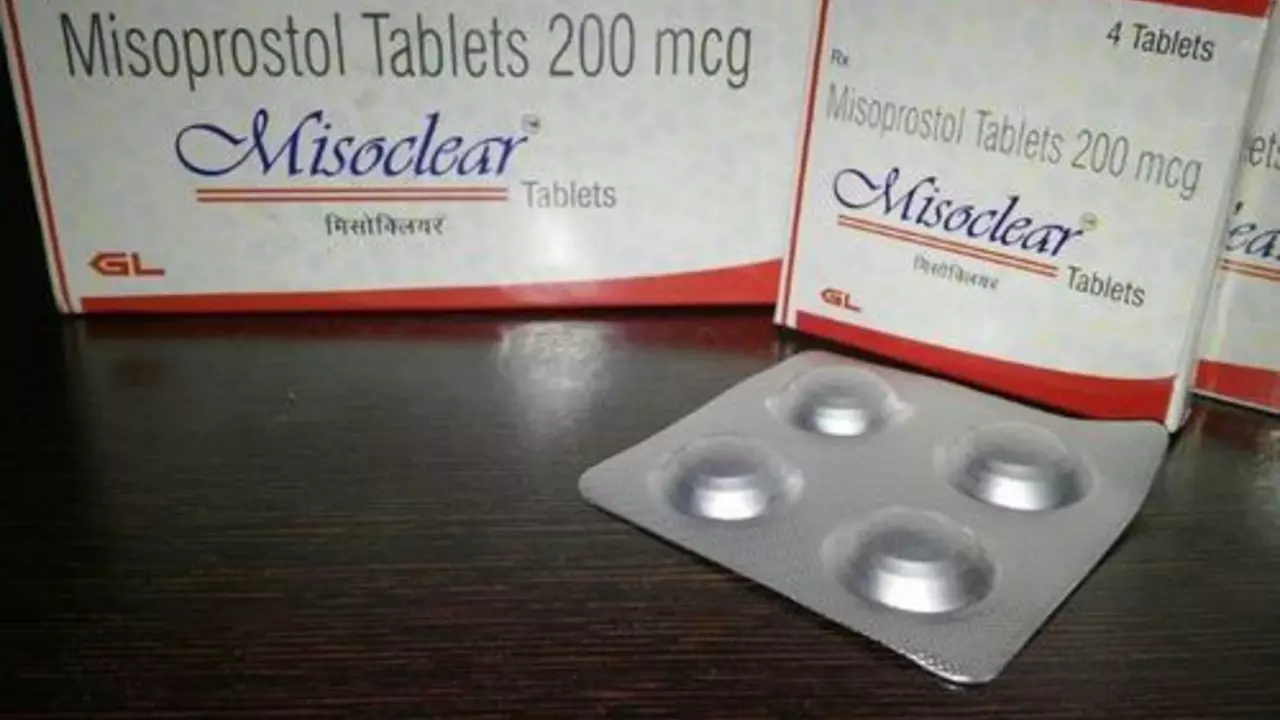Drug reactions: how to spot and handle medication problems
Drug reactions are more common than most people think. They range from mild nausea to life-threatening allergic responses. Knowing the signs and what to do can save time, pain, and sometimes a life. This guide gives clear, practical steps you can use right away.
Common types and signs
There are a few main kinds of drug reactions. Side effects are expected problems listed on the leaflet — like drowsiness from some antihistamines or upset stomach from antibiotics. Allergic reactions happen when your immune system overreacts. Signs include hives, itching, swelling of face or throat, and trouble breathing. If these appear quickly after taking a drug, treat it as an emergency.
Idiosyncratic reactions are unpredictable and not dose-related. These can involve the liver, blood counts, or skin and often show up days to weeks after starting a medicine. Drug interactions happen when one medication changes how another works. That can make effects stronger or weaker, or create new risks — for example, grapefruit juice can boost levels of some statins and cause muscle or liver harm.
Watch for these red flags: sudden rash that spreads, high fever with sore throat, yellowing skin or eyes (jaundice), extreme tiredness, dark urine, signs of infection, or swelling that makes breathing hard. These need prompt medical attention.
What to do and how to lower risk
If you suspect a mild side effect, check the drug leaflet and call your pharmacist or doctor. Don’t stop some meds abruptly — medicines like beta blockers, antidepressants, or steroids can cause problems if stopped suddenly. Ask your provider if it’s safe to pause or switch.
For severe allergic signs — difficulty breathing, throat tightness, fainting, or swelling — call emergency services right away. If you carry an epinephrine auto-injector for known allergies, use it and get to an ER.
To reduce risk before starting any drug: keep an up-to-date list of all medications and supplements, tell every provider about past drug reactions, ask about common and serious side effects, and check interactions (your pharmacist can help). Avoid combining known risky pairs, like some antibiotics with certain heart drugs, unless closely monitored.
Report serious or unusual reactions to your prescriber and to your country’s drug safety agency (for example, FDA MedWatch in the U.S.). This helps track problems and protect others. If you buy meds online, use a reputable source and keep records — counterfeit or poorly stored drugs can increase reaction risk.
Keep a short record of any new symptoms after starting a medicine: when they started, what you were taking, and how long you continued. That makes it easier for your clinician to figure out the cause and choose a safer option.
Drug reactions are often manageable if caught early. Stay alert, ask questions, and don't hesitate to seek help when a reaction looks serious.

